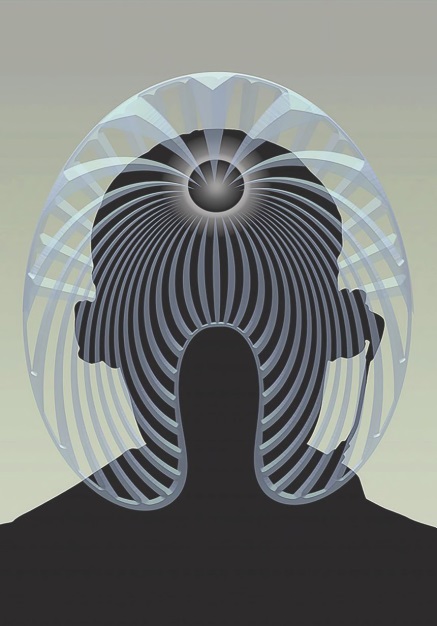Substance Abuse: A Crisis of Hope
BY LORRAINE SILVETZ, MSW
Editors Note: EP continues its exploration of the effects of combat on service members who have returned home and are attempting to cope with traumatic experiences while reintegrating into the daily life of family, community, and work. This series focuses on traumatic brain injury, post-traumatic stress disorder, and related health issues. This month's article explores the issue of substance abuse, some of its effects, and some options and thoughts for recovery.
The world is not an easy place, and when you have endured a traumatic experience in combat, a service member can be left with a scar on the psyche. There is no way to escape the fact that an experience of heightened fear and violence casts a shadow upon its recipient. We may avoid the memories in a number of ways, through repression, denial, and forms of escape. This does not negate that the experience of pain and fear occurred.

TRAUMATIC BRAIN INJURURY PART THREE
To avoid something does not mean it does not exist. It means that the one who went through the traumatic event is not willing to re-experience the memory.
Unfortunately, what we try to avoid only builds momentum, becoming stronger, wielding demons in its wake.
These demons come in small sizes at first, such as inconsistent sleep, irritability, lack of concentration, and the inability to get along with others at work or at home, and then they grow into more insidious demons, taking shape in the form of self-destructive activities, such as binge drinking, drug abuse, and sometimes even violence. Trying so hard to run from the painful experiences of the past, the person is unconsciously attracted to creating destructive experiences in the present.
Avoiding pain through self-destructive behavior is not the answer. Many veterans are coming back to the United States addicted to painkillers as well as illicit drugs. They experience a lot of shame after they have taken them. For example, one veteran shared with me that he did things he was not proud of while on them, and another shared that he disappointed a family member by driving drunk and by acting irrationally. There was a theme of heavy, even if irrational, guilt that remained consistent among all of the veterans in their anecdotes about taking drugs or drinking excessively. To get past the guilt, the servicemember needs to see what drove him or her to making these potentially lethal choices in the first place. If one can get past the shame to look at how one was feeling shortly before taking drugs or drinking excessively, one may find that the feelings are the same. Some shared with me their feelings of hopelessness, general malaise, despair, and anger, which led to their desire to escape by numbing themselves or desiring to achieve that brief feeling of euphoria and elation that might come from a stimulant. They expressed that they were looking to ease the dull ache, the insidious pain, with which they were wrestling, in most cases unconsciously.